PAST EVENTS
Creative and Digital Innovation Cluster
Spring Networking Evening
Wednesday 28th May 2025, Oru Space, Sutton
This exciting evening brought together businesses from across the creative and digital sectors to connect, share ideas, and explore new opportunities. Attendees heard from businesses, discovered innovative products and services, and toured Oru Sutton’s inspiring co-working and wellness spaces, all concluded with informal networking on the roof terrace. Through meeting like-minded businesses, new collaborations were sparked and networks were expanded.
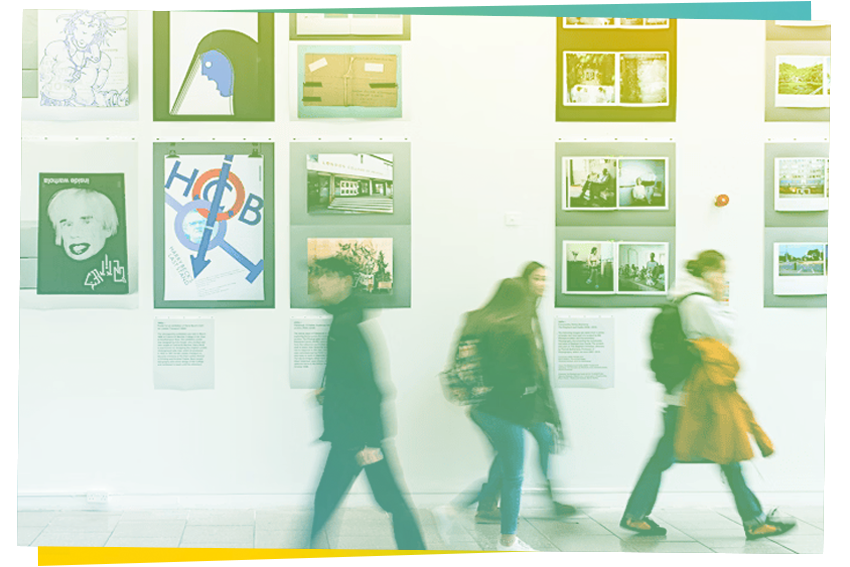
Exploring Circular Design Concepts in Fashion and Textiles
Wednesday 5th February 2025, Wimbledon College of Arts, Wimbledon
This Knowledge Exchange session held by the University of the Arts London, looked at how to develop circular design concepts across fashion and textile sectors. Attendees also learnt how to utilise academic and business expertise to discover innovative tools and guidelines for sustainable designs which tackle the challenges and opportunities in recycling and circularity.

Summer Networking Reception
Thursday 11th July 2024, Canons House and Grounds, Mitcham
At the Summer Networking Reception held at Canons House, Mitcham we heard from London & Partners about the amazing work they do to support and grow businesses across London. We also heard from a range of creative and cultural representatives from South London boroughs. We enjoyed a sunny afternoon ending the session with networking and drinks outside on the lawn!
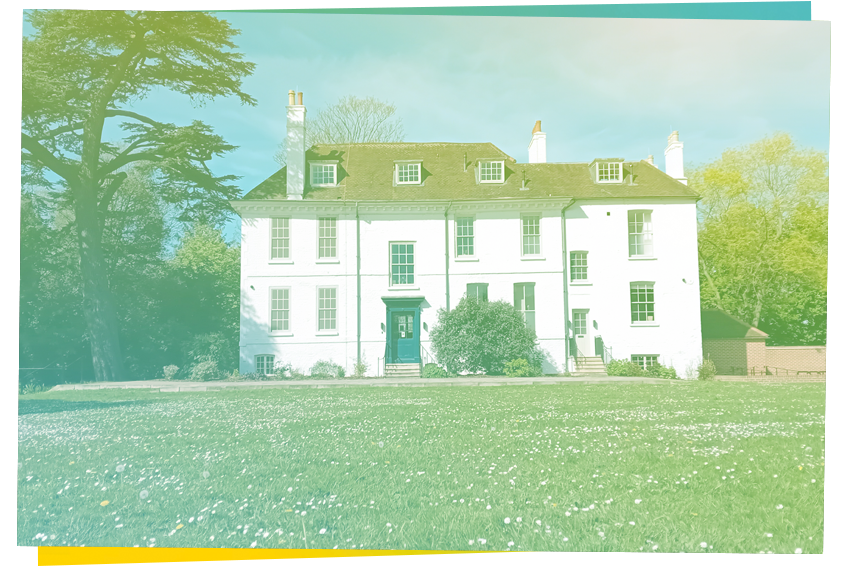
Unreal Engine Introductory Course
Monday 13th to Thursday 16th May 2024, StartUp Croydon
This course was designed to introduce beginners to Unreal Engine, focusing on the fundamentals of scene creation. Over four sessions, each lasting four hours, students learnt how to navigate Unreal Engine, apply materials and textures, understand lighting, use Blueprints, and import assets. By the end, participants had the skills to create their own basic scenes.
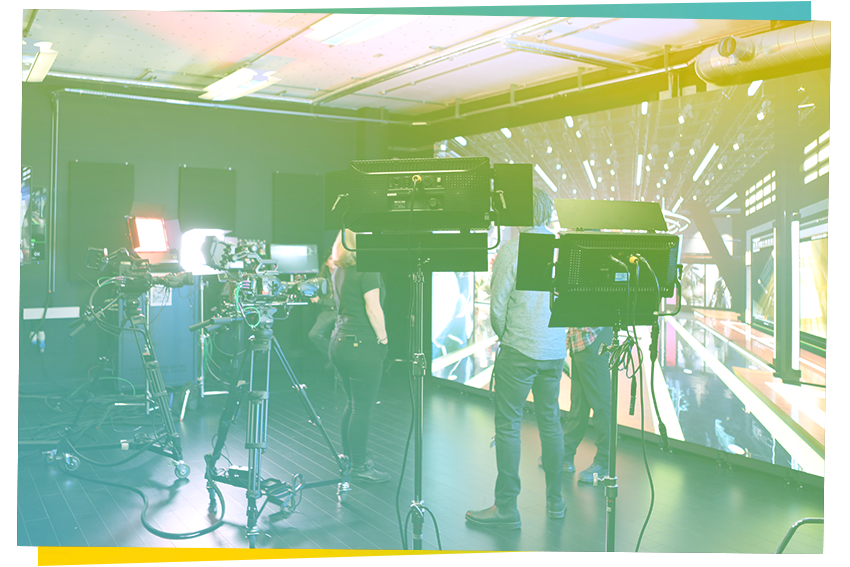
Showcase event
21st March 2024, Kingston University Townhouse
An afternoon where companies could present their business and get feedback from a panel of business and communication experts. Followed by a short keynote presentation and the opportunity to browse the Showcase Stands while taking part in a facilitated networking session. The event ended with drinks and informal networking.
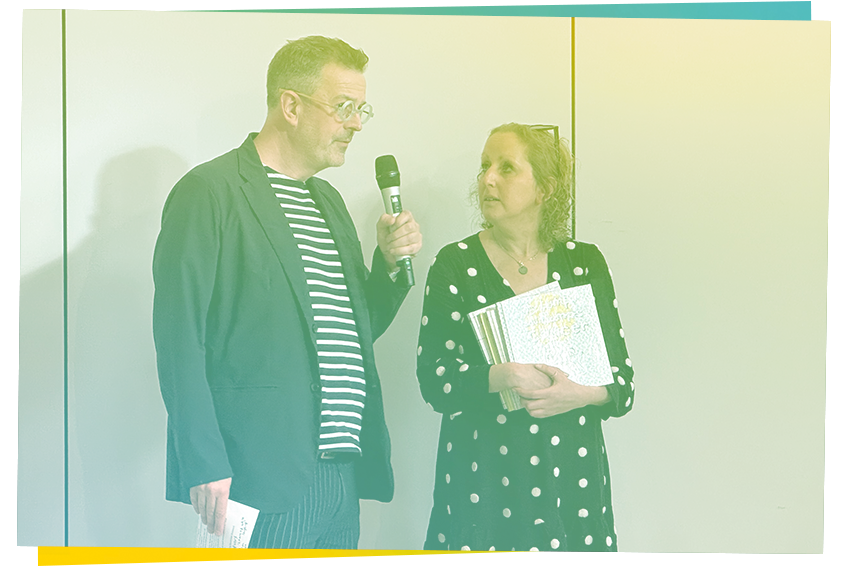
Exploring Creative-led Business Innovation with UAL
31 January 2024, Patch, Twickenham
University of the Arts London hosted South London businesses to network with creative specialists and explore opportunities for knowledge exchange and collaboration.
Creative practitioners, technologists, researchers and academics from Chelsea, Camberwell and Wimbledon Colleges of Art, and the Creative Computing Institute got together for an evening of networking and speculative knowledge exchange. Through workshops, open discussions and networking participants unpacked their business challenges and began to identify opportunities for UAL to support the development of products and services and enable business growth.
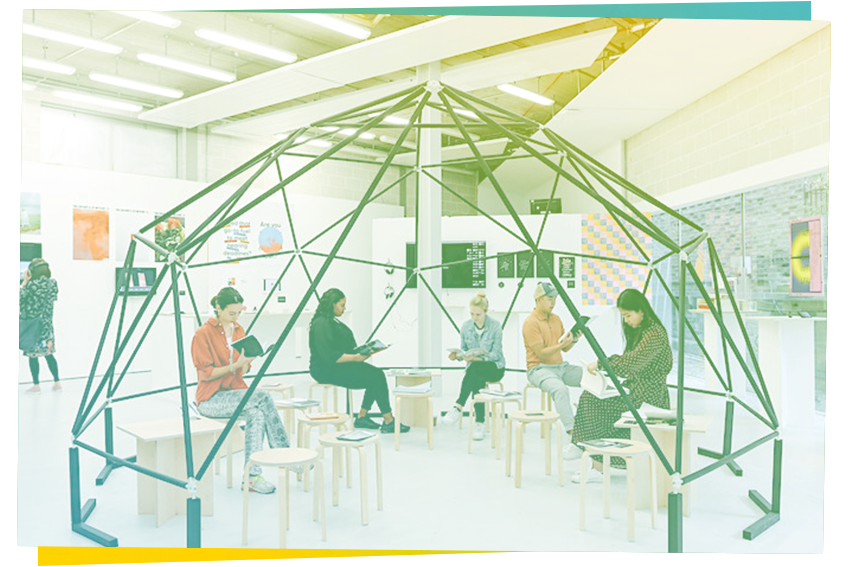
Creative and Digital Innovation Cluster Croydon event
25 January 2024, The Creative Digital Lab
This event was a unique partnering event with the Croydon Creative Network and the BIG Creative and Digital Innovation Cluster.
Designed to be a relaxed drop-in session, we were joined by Croydon-based independent record & management label Finesse Foreva and Inhouse Records a multi-award winning Record Label for change to give us a speech about their experiences as creative businesses.
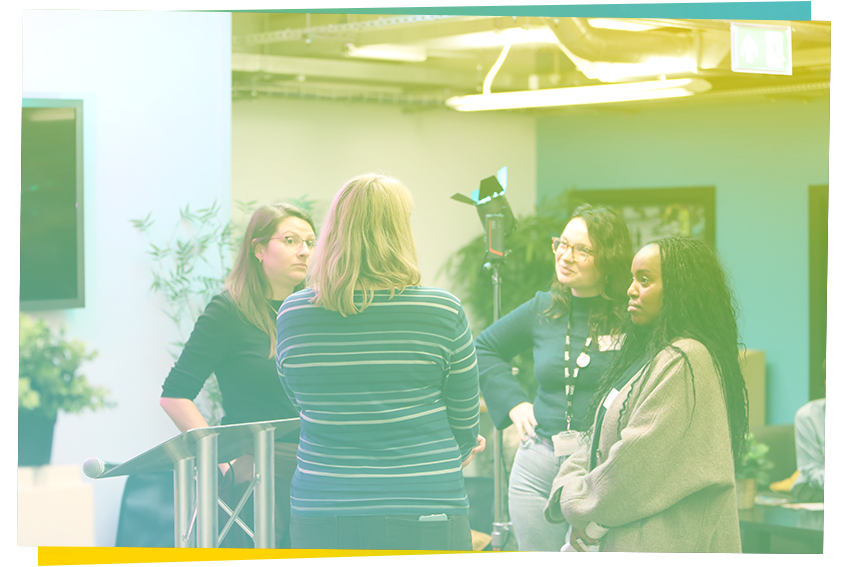
Creative & Digital Innovation Cluster launch event
23 November 2023, Kingston University Townhouse
We heard from keynote speakers with insights into how business clusters can support business growth, meet other creative and digital businesses and business experts, and contribute to defining the vision of the BIG Creative & Digital Innovation Cluster in South London.
Through group discussions and participatory activities, we spent some time collectively reflecting on barriers and opportunities for business growth, sharing experiences of being creative businesses in South London and exploring what additional support is needed to help the sector thrive in years to come.



